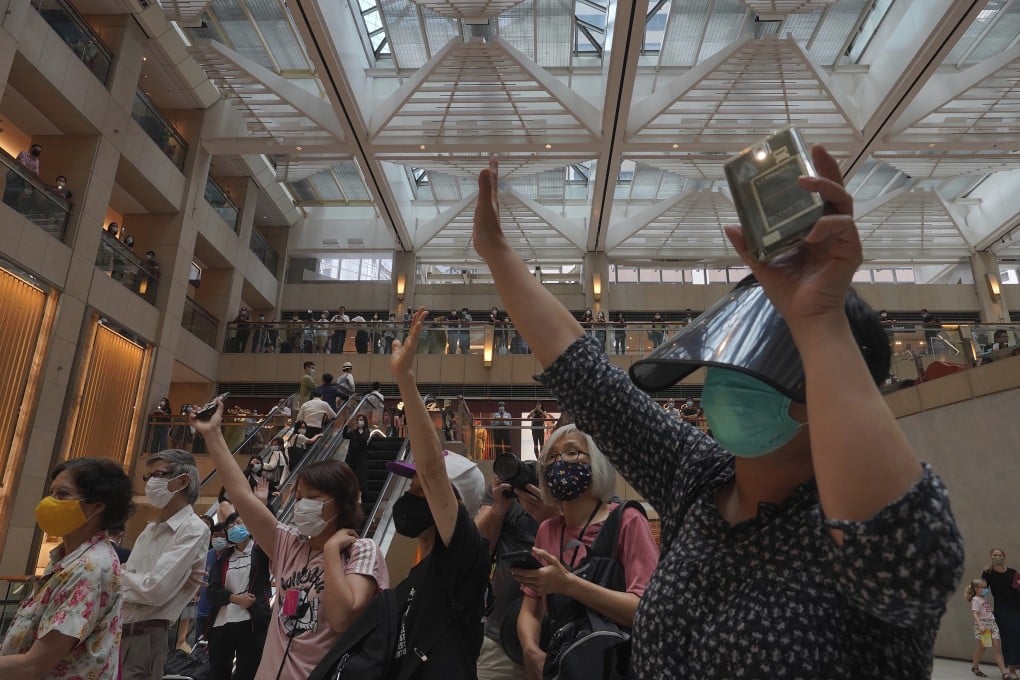Opinion | To make Hong Kong safe again, both sides must turn to pragmatic compromise
- Only constructive negotiations with both sides’ best interests at heart will end the uncertainty and secure a better future for Hong Kong
- Further destructive protests will only strengthen Beijing’s resolve to impose the national security law on its terms without regard for citizens’ fears

Beijing’s move to introduce a national security law for Hong Kong has sparked fresh upheaval and ominous threats from Washington, which has declared Hong Kong insufficiently autonomous from China. To many, the doomsday scenario for Hong Kong is near: highly mobile capital and human talent flee the city, Hong Kong’s role as an international financial centre quickly declines and China’s global standing suffers irreparable damage.
The rapidly deteriorating situation is a cause for alarm. To get out of the downward spiral, Hong Kong must end the politics of reckless confrontation and seek pragmatic accommodation with Beijing and reconciliation within the city.
First, Hong Kong must recognise Beijing’s sovereign right on matters of national security. This is defined in the Sino-British Joint Declaration, in the Basic Law and in the “one country, two systems” governance framework. It is therefore unwise and futile to try to thwart the introduction of the national security law.
The right goal for Hong Kong and Beijing is to introduce a sensible law that preserves Hong Kong’s unique status under one country, two systems.
